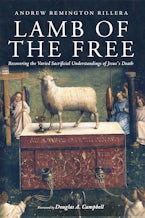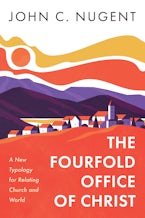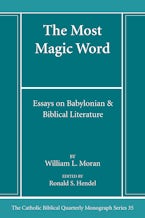Pope Francis has taken the world by storm. He is the most prominent Christian voice in our world today. How does he incorporate Scripture into his ministry and what does Scripture say about those things he emphasizes? This book will explore within Scripture the bedrock themes of Francis' time as Pope, such as the poor, women, a God of surprises, mercy, the environment, and excessive legalism. What we find is that a diversity of biblical perspectives provide deep theological support or precedent for Francis' agenda. Both Francis and Scripture call Christians today to live in dramatically new ways in our world.
Micah Kiel is Professor in the Theology Department at St. Ambrose University in Davenport, Iowa. He has a BA in Music Performance from St. John’s University (Collegeville, MN) and MDiv and PhD degrees from Princeton Theological Seminary. He is also the author of Apocalyptic Ecology: The Book of Revelation, the Earth, and the Future (2017).
“This book by Micah Kiel is an essential study into the biblical theology and the biblical spirituality of Pope Francis. The author explores some delicate issues, such as Francis’ rhetoric on the Pharisees, with much needed nuance. Reading the Bible in the Age of Francis has a special place in the bibliography on Jorge Mario Bergoglio.”
—Massimo Faggioli, Professor of Historical Theology, Villanova University
“Micah Kiel’s incisive study of the influence of the Bible on Pope Francis’s thought offers not just an invitation to understand Pope Francis, but an opportunity to understand the Bible more deeply. At the end of this book, we know how Pope Francis has been shaped by the Bible, especially its views of mercy and care for all creation, but also how the Pope’s use of ‘the Pharisees’ and his understanding of the role of women in the church call out for significant questioning. Kiel’s book is conversant with the best biblical scholarship, but written with an openness that invites all readers into a conversation to see how the Bible continues to speak to us and to challenge each of us today.”
—John W. Martens, Professor of Theology, University of St. Thomas











